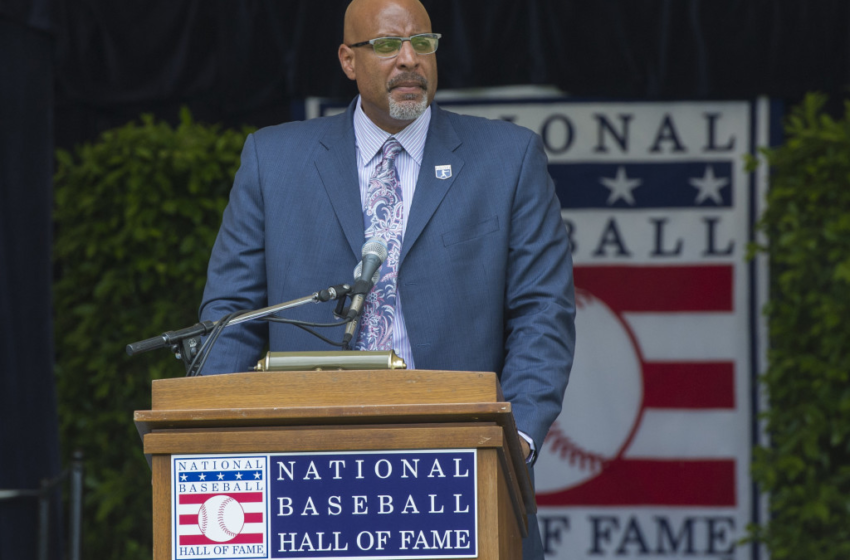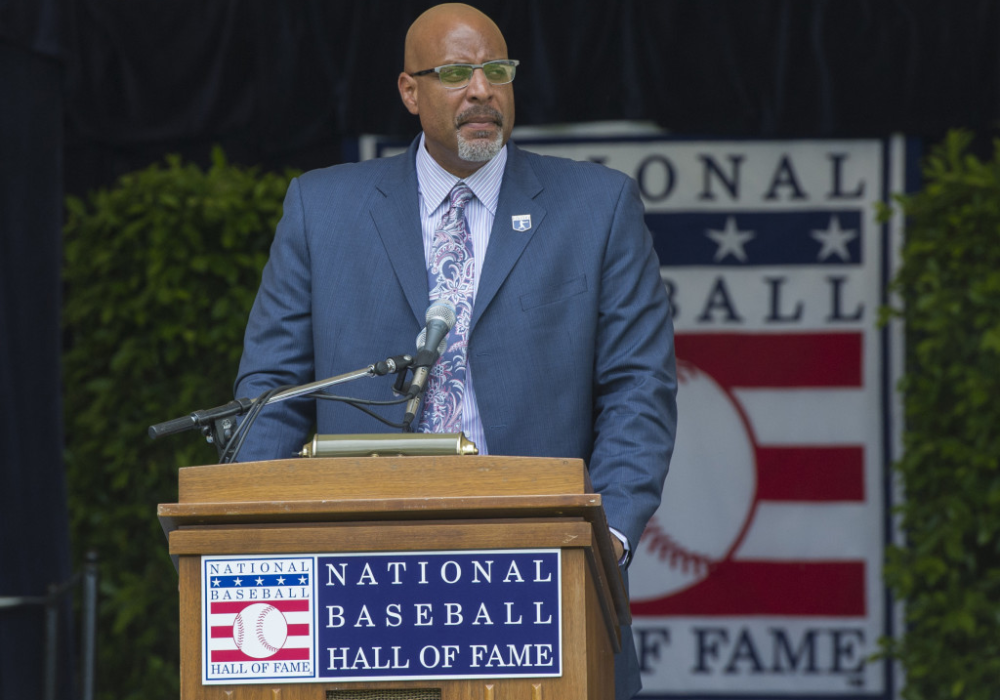There was another round of collective bargaining negotiations this afternoon, at which the Major League Baseball Players Association made its latest proposal. According to various reports, the union put forth only small changes relative to its past offers.
The most meaningful alterations are twofold, hears Evan Drellich of the Athletic (Twitter thread). First, the union tweaked the bonus pool system that would award exceptional pre-arbitration performers. While the MLBPA had pushed for a $105MM pool in previous offers, they reduced that number to $100MM in today’s proposal. That’s still far above the $10MM that MLB has envisioned for those bonus allotments, leaving a massive gap yet to be bridged. As Drellich and Ken Rosenthal explained yesterday, that’s even before accounting for the fact that the MLBPA is hoping to spread that money to a smaller group of players than MLB would like, given the union’s push for players reaching arbitration earlier in their careers.
The other known modification to the union’s offer, per Drellich, involves efforts to disincentivize service time gaming. The MLBPA is seeking to allow players to “earn” a full year of service based upon their finishes in various awards voting and placements on Wins Above Replacement leaderboards. The union’s most recent offer would grant a full year of service to catchers and infielders who finish among the top seven in each league in their position’s WAR rankings; outfielders, starting pitchers and relief pitchers who land among the top 20 in their league by WAR at each position would also pick up a bonus year. That’s less comprehensive than previous union proposals, which would’ve granted a full year of service to catchers and infielders among the top 10 at their position and outfielders and pitchers among their league’s top 30. (Presumably, the union’s previous efforts to reward service time based on awards voting remains in place).
Basing service time off positional WAR rankings has its challenges. Teams have become increasingly flexible in deploying players all around the diamond, perhaps making it difficult to identify certain players’ “true” positions. That’s also the case in drawing a distinction between starters and relievers, particularly as teams have expanded their use of openers and true bullpen games to manage pitcher workloads and mitigate the times-through-the-order effect (where hitters tend to perform better after seeing the same pitcher multiple times in an outing). The league and union would also need to agree upon some form of WAR metric — whether by pulling directly from one website like FanGraphs or Baseball Reference, blending multiple public WAR figures together to create a composite number, or by fashioning one from scratch.
Finally, the union acquiesced (at least in concept) to a league initiative on service time manipulation. MLB’s most recent proposal included the possibility of teams receiving draft pick compensation as a reward for keeping top prospects on their roster for an entire season, if those players go on to hit certain thresholds in awards voting. Drellich tweets that the union is on board with the possibility of awarding extra draft selections to incentivize teams to put talented young players on their active roster, although the union’s proposal contained unspecified modifications to MLB’s vision.
Much about the MLBPA’s proposal this afternoon remains unchanged relative to past discussions. Bob Nightengale of USA Today writes that the parties remain significantly divided on issues like the lowest league minimum salary — the union is seeking $775K; MLB has offered $615K — and the next base luxury tax threshold, which the MLBPA is hoping to set at $245MM while MLB has proposed $214MM.
Given the relativity minor changes in the union proposal, it’s little surprise that general sentiment about the state of negotiations remains overwhelmingly negative. Chelsea Janes of the Washington Post tweets that today’s talks were “heated.” Jeff Passan of ESPN suggests the prospect of starting Spring Training on time is now “in grave danger,” while Jon Heyman of the MLB Network calls it remote. Nightengale tweets that the parties are expected to meet again tomorrow but will limit those talks to issues outside of core economics.










